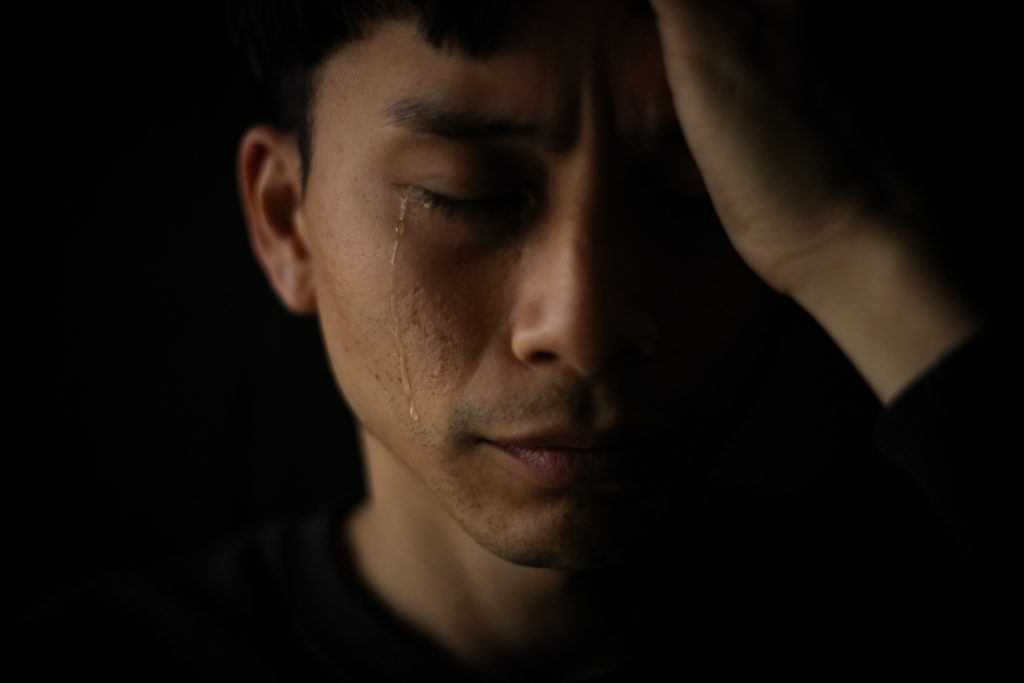
If you’ve never experienced it, it’s hard to understand what living with this complex medical illness is like.
Living with depression often means believing that things will never change; you are stuck in overwhelming darkness that will never go away.

There are different kinds of depressive mood disorders, including:
It’s a common but serious medical illness that negatively impacts how you feel, think, and act. It dulls sensations of pleasure, closes off connectedness, stifles creativity and shuts down hope.
Current research suggests that depression can be caused by a combination of genetic, biological, environmental and psychological factors. A personal or family history of depression, major life changes, trauma or stress, can all increase the likelihood one experiences depression.
Depression can also co-occur with other serious medical conditions; these conditions are often worse when depression is present. Medications taken for these illnesses can also mimic the symptoms of depression.
To be diagnosed, symptoms must be present for at least two weeks.

Depression may require long-term treatment, but don’t get discouraged. Most people with depression feel better with psychotherapy, lifestyle changes, medication, or a combination of all efforts.
Our therapists use a Person-Centred Approach and target our approach to the client’s goals. We often use a combination of therapeutic approaches as well as teach our clients techniques like mindfulness, journalling, or referring them to alternative treatments like massage or light therapy.
Providing a holistic approach, taking into consideration the complex nature of depression in regards to the mind, body, soul and emotions is shown to lead to long-term positive results. Balancing these four elements together creates a more balanced, stable, and satisfying life for those in need.
Goals vary depending on the individual and their situation, but some common goals of depression therapy are:
Find a therapist specializing in Bipolar Disorder counseling in South Edmonton or St.Albert
We will do an assessment of your specific situation and goals, to come up with a targeted and individualized approach to therapy that draws from a variety of the listed modalities.
Works to repair and strengthen the relationships between the individual family members
Understand your strengths and virtues and learn how to apply it to your own life and reach your full potential
Change unhelpful and problematic ways of thinking got change unwanted or unhealthy behaviour
Utilized techniques like meditation, stretching, and breathing to increase awareness of our thoughts, feelings and actions
Provides tools to identify and solve problems and learn how to cope with your stressors
Learn to separate yourself from your problem by relying on your own skills to minimize the problems in your life
Helps you learn more about your relationships and your emotions to come to term with traumas and learn skills to improve your relationships
A strengths-based approach that focuses on your current and future problems and goals rather than past experiences
Focuses on the family as a unit and how generational, social, community and cultural factors influence the family members
Helps you understand and utilize your strengths rather than focusing on negative characteristics
Utilizes techniques like meditation, stretching and breathing to increase awareness of our thoughts, feelings and actions.
Combines psychotherapy and physical therapy to connect your mind and body and release pent up trauma
Develop healthy coping strategies and mindfulness skills like living in the moment to improve relationships and regulate emotions
The therapists takes a supporting role to empower and motivate you as you work towards reaching your full potential